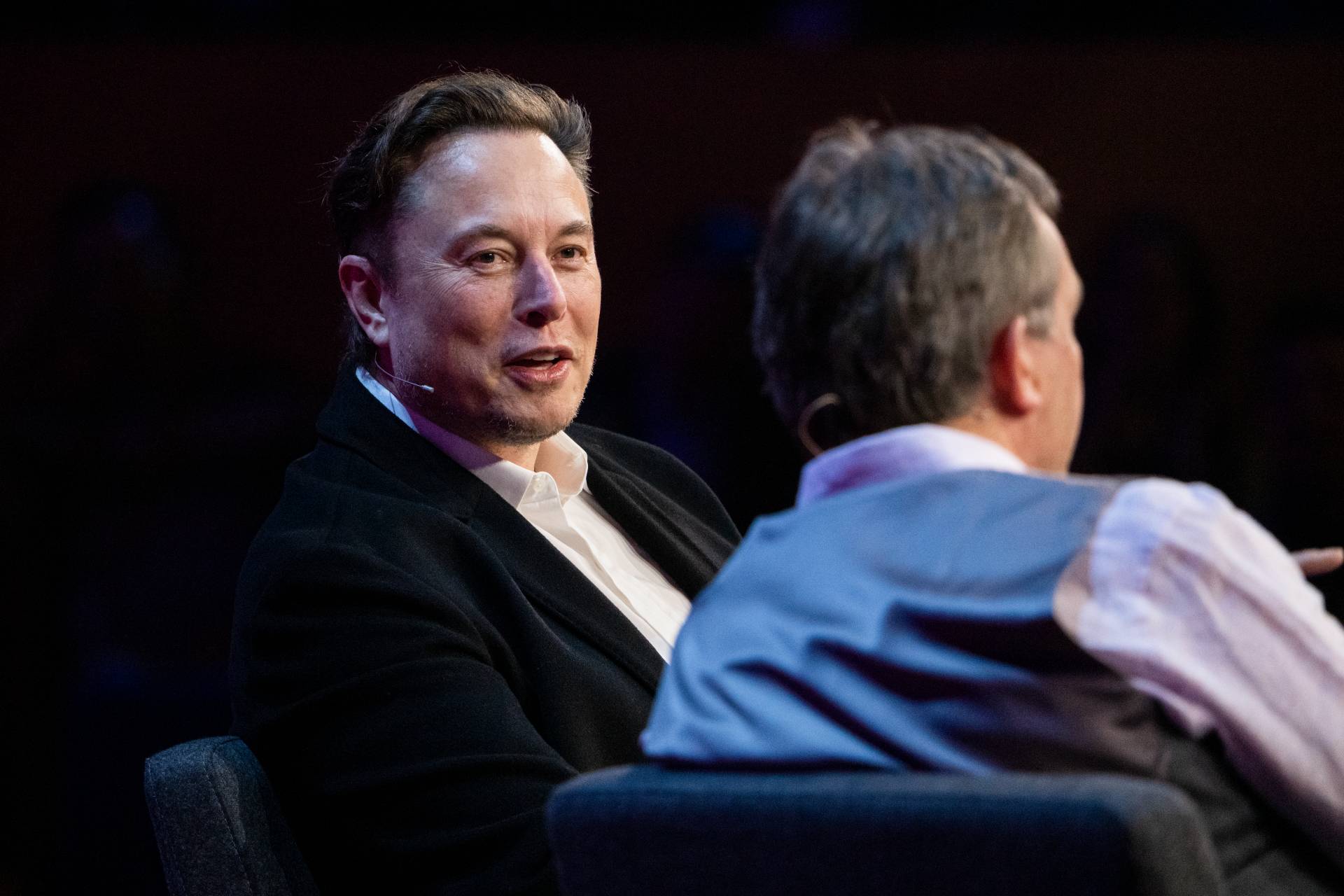
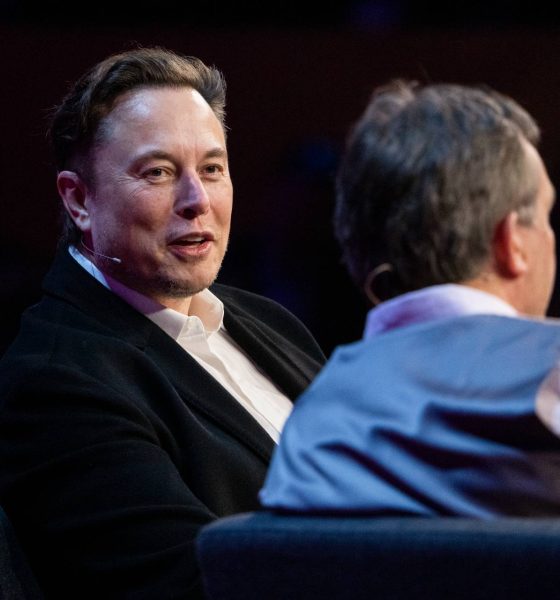
News
Elon Musk had “handshake deal” with Saudi PIF reps before “funding secured” tweet: former aide
While testifying on Wednesday, Sam Teller, Elon Musk’s former chief of staff, stated that the Tesla CEO had a “handshake deal” with representatives from the Saudi Arabia Public Investment Fund before the infamous “funding secured” tweet was posted on Twitter. Teller had worked closely with Musk from 2014 to 2019.
Elon Musk had already taken the stand earlier in the trial. During his testimony, the CEO maintained that he had valid reasons for disclosing his plans to take Tesla private. Had it succeeded, Tesla would have gone private at $420 per share pre-split, and be worth about $72 billion. For context, Tesla is worth $572 billion as of writing.
Teller was called to the stand by Musk’s legal team as a means to provide more details on Musk’s testimony. In his testimony, the former chief of staff stated that Musk and representatives from the Saudi Arabia Public Investment Fund had held a series of meetings prior to the infamous tweet. The meetings reportedly began in January 2017 and the final one was done on July 31, 2018.
During the July 31, 2018 meeting, Teller noted that Musk was becoming excited about Tesla’s potential privatization. Musk reportedly spoke to Yasir al-Rumayyan, a governor for the Saudi fund, during the July 31, 2018 meeting. The former Elon Musk aide stated that when specific financing amounts were being discussed, the Tesla CEO pointed out that a Tesla buyout would be expensive.
“Yasir was, like, ‘Don’t worry about it, we’ve got a lot of money,’” Teller commented, noting that at the end of the meeting, he had a sense that a deal had been reached. “It was my sense they made a handshake deal to proceed,” the former Musk aide said, as noted in a report from The Seattle Times.
Musk posted his infamous tweet on August 7, 2018, a week after his positive meeting with the Saudi PIF governor. Interestingly enough, Musk’s tweet was reportedly posted shortly after the CEO was alerted that a report in the Financial Times revealing the Saudi fund’s 5% stake in Tesla was about to be published.
At the time, Tesla was facing numerous challenges, including a constant stream of vitriol from short-sellers eager to push the company’s stock down. Elon Musk outlined this in a later message to Tesla employees explaining his reasons for his take-private efforts. The message was published on the company’s blog.
“As a public company, we are subject to wild swings in our stock price that can be a major distraction for everyone working at Tesla, all of whom are shareholders. Being public also subjects us to the quarterly earnings cycle that puts enormous pressure on Tesla to make decisions that may be right for a given quarter, but not necessarily right for the long-term. Finally, as the most shorted stock in the history of the stock market, being public means that there are large numbers of people who have the incentive to attack the company,” Musk wrote.
Overall, Teller noted that his job as Musk’s aide was akin to an air traffic controller. He also stated that there was a lot of problem-solving involved at all hours. It is this grueling schedule, the aide admitted, that ultimately convinced him to stop working for the Tesla CEO in 2019. “I was pretty tired, and it was time to do something else,” Teller said.
Don’t hesitate to contact us with news tips. Just send a message to simon@teslarati.com to give us a heads up.

Cybertruck
Tesla set to activate long-awaited Cybertruck feature
Tesla will officially activate the Active Noise Cancellation (ANC) feature on Cybertruck soon, as the company has officially added the feature to its list of features by trim on its website.
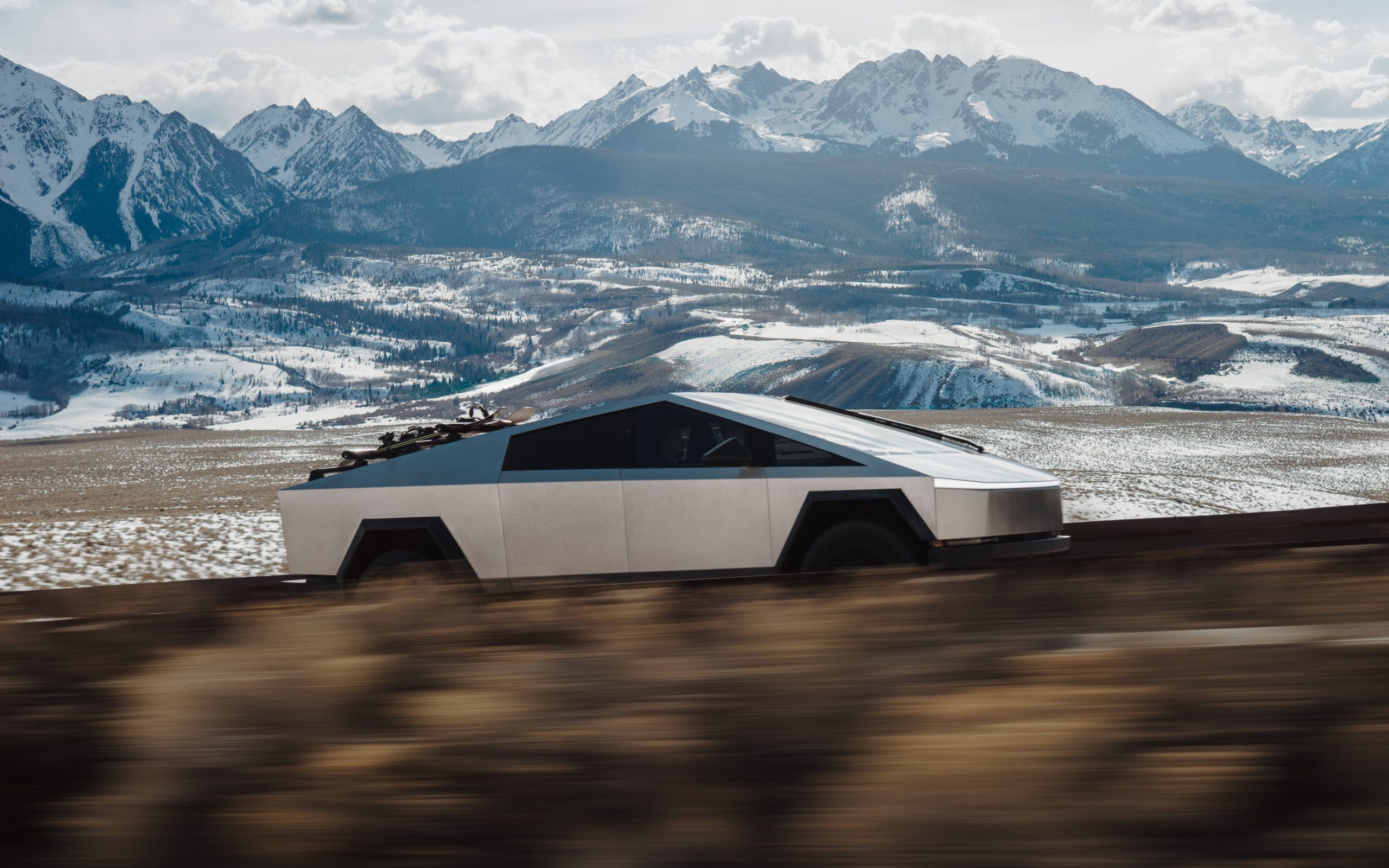
Tesla is set to activate a long-awaited Cybertruck feature, and no matter when you bought your all-electric pickup, it has the hardware capable of achieving what it is designed to do.
Tesla simply has to flip the switch, and it plans to do so in the near future.
Tesla will officially activate the Active Noise Cancellation (ANC) feature on Cybertruck soon, according to Not a Tesla App, as the company has officially added the feature to its list of features by trim on its website.
Tesla rolls out Active Road Noise Reduction for new Model S and Model X
The ANC feature suddenly appeared on the spec sheet for the Premium All-Wheel-Drive and Cyberbeast trims, which are the two configurations that have been delivered since November 2023.
However, those trims have both had the ANC disabled, and although they are found in the Model S and Model X, and are active in those vehicles, Tesla is planning to activate them.
In Tesla’s Service Toolbox, it wrote:
“ANC software is not enabled on Cybertruck even though the hardware is installed.”
Tesla has utilized an ANC system in the Model S and Model X since 2021. The system uses microphones embedded in the front seat headrests to detect low-frequency road noise entering the cabin. It then generates anti-noise through phase-inverted sound waves to cancel out or reduce that noise, creating quieter zones, particularly around the vehicle’s front occupants.
The Model S and Model X utilize six microphones to achieve this noise cancellation, while the Cybertruck has just four.
Tesla Cybertruck Dual Motor AWD estimated delivery slips to early fall 2026
As previously mentioned, this will be activated through a software update, as the hardware is already available within Cybertruck and can simply be activated at Tesla’s leisure.
The delays in activating the system are likely due to Tesla Cybertruck’s unique design, which is unlike anything before. In the Model S and Model X, Tesla did not have to do too much, but the Cybertruck has heavier all-terrain tires and potentially issues from the aluminum castings that make up the vehicle’s chassis, which are probably presenting some challenges.
Unfortunately, this feature will not be available on the new Dual Motor All-Wheel-Drive configuration, which was released last week.
News
Tesla Model S and X customization options begin to thin as their closure nears
Tesla’s Online Design Studio for both vehicles now shows the first color option to be listed as “Sold Out,” as Lunar Silver is officially no longer available for the Model S or Model X. This color is exclusive to these cars and not available on the Model S or Model X.
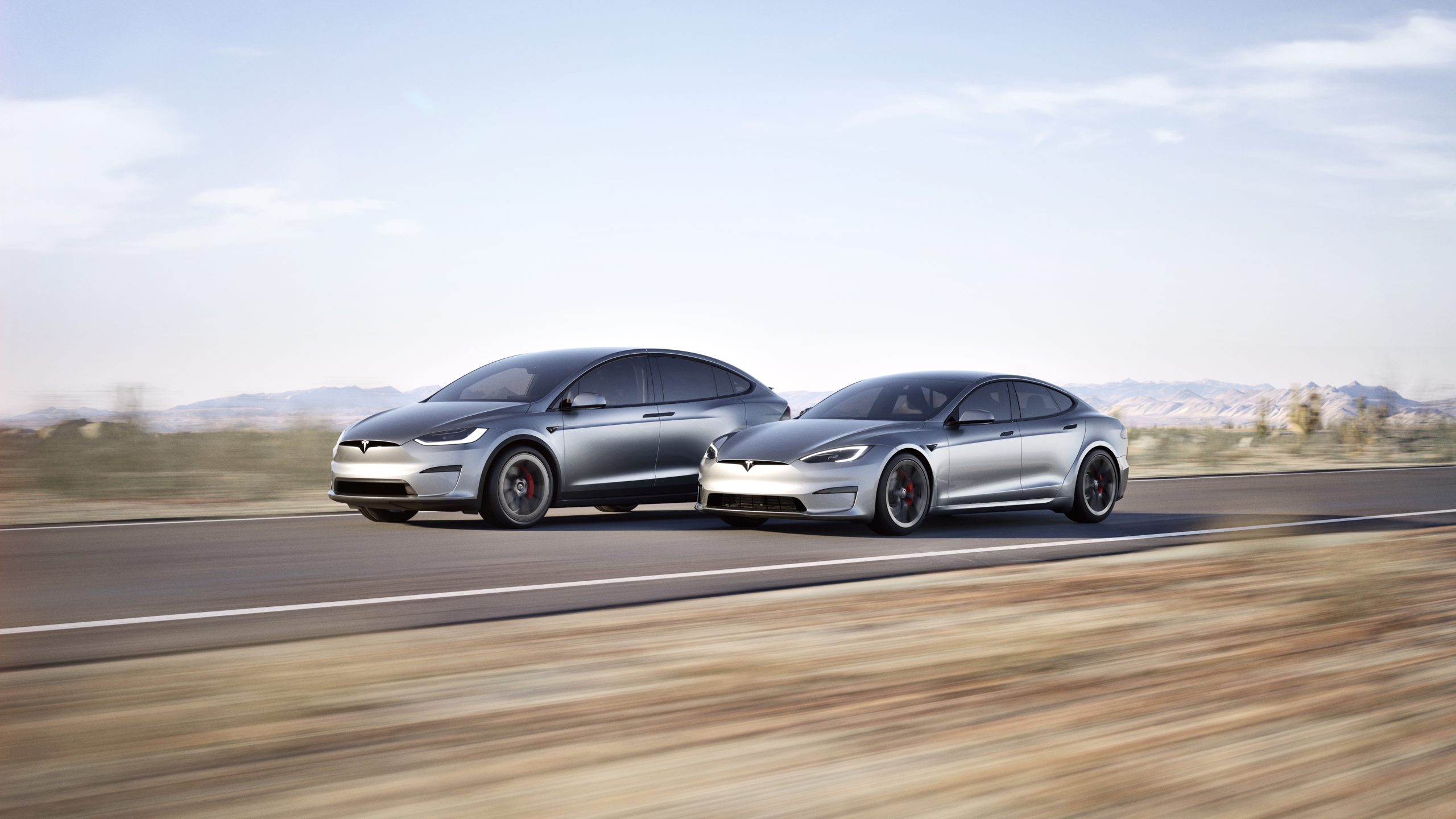
Tesla Model S and Model X customization options are beginning to thin for the first time as the closure of the two “sentimental” vehicles nears.
We are officially seeing the first options disappear as Tesla begins to work toward ending production of the two cars and the options that are available to those vehicles specifically.
Tesla’s Online Design Studio for both vehicles now shows the first color option to be listed as “Sold Out,” as Lunar Silver is officially no longer available for the Model S or Model X. This color is exclusive to these cars and not available on the Model S or Model X.
🚨 Tesla Model S and Model X availability is thinning, as Tesla has officially shown that the Lunar Silver color option on both vehicles is officially sold out
To be fair, Frost Blue is still available so no need to freak out pic.twitter.com/YnwsDbsFOv
— TESLARATI (@Teslarati) February 25, 2026
Tesla is making way for the Optimus humanoid robot project at the Fremont Factory, where the Model S and Model X are produced. The two cars are low-volume models and do not contribute more than a few percent to Tesla’s yearly delivery figures.
With CEO Elon Musk confirming that the Model S and Model X would officially be phased out at the end of the quarter, some of the options are being thinned out.
This is an expected move considering Tesla’s plans for the two vehicles, as it will make for an easier process of transitioning that portion of the Fremont plant to cater to Optimus manufacturing. Additionally, this is likely one of the least popular colors, and Tesla is choosing to only keep around what it is seeing routine demand for.
During the Q4 Earnings Call in January, Musk confirmed the end of the Model S and Model X:
“It is time to bring the Model S and Model X programs to an end with an honorable discharge. It is time to bring the S/X programs to an end. It’s part of our overall shift to an autonomous future.”
Fremont will now build one million Optimus units per year as production is ramped.
News
Tesla Cybertruck Dual Motor AWD estimated delivery slips to early fall 2026
Tesla has also added a note on the Cybertruck design page stating that the vehicle’s price will increase after February 28.
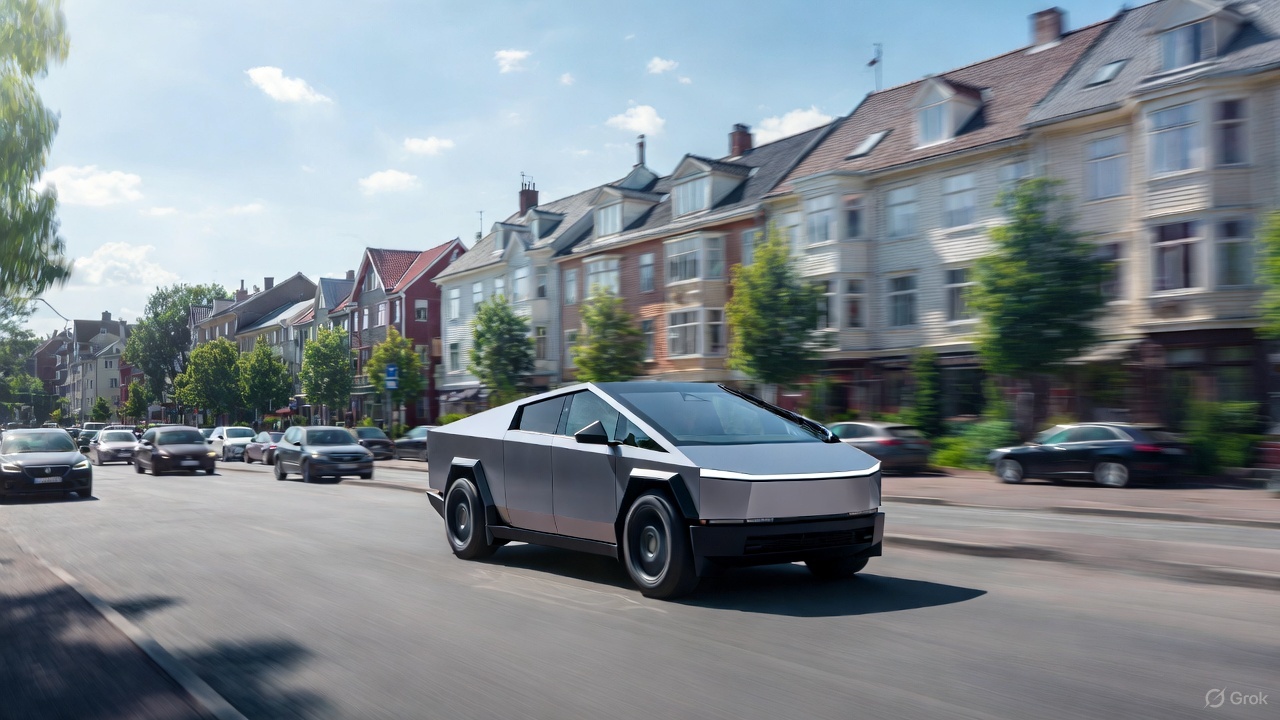
Tesla’s estimated delivery window for new Cybertruck Dual Motor All-Wheel Drive (AWD) orders in the United States has shifted to September–October 2026. This suggests that the vehicle’s sub-$60,000 variant is now effectively sold out until then.
The updated timeline was highlighted in a post on X by Tesla watcher Sawyer Merritt, who noted that the estimated delivery window had moved from June 2026 to September-October 2026, “presumably due to strong demand.”
The Dual Motor AWD currently starts at $59,990 before incentives. Tesla has also added a note on the Cybertruck design page stating that the vehicle’s price will increase after February 28.
If demand remains steady, the combination of a later delivery window and a pending price increase suggests Tesla is seeing sustained interest in the newly-introduced Cybertruck configuration. This was highlighted by Elon Musk on X, when he noted that the Cybertruck Dual Motor AWD’s introductory price will only be available for a limited time.
When the Cybertruck was first unveiled in November 2019, Tesla listed the Dual Motor AWD variant at $49,990. Adjusted for inflation, that figure equates to roughly $63,000 in 2026 dollars, based on cumulative U.S. inflation since 2019.
That context makes a potential post-February price in the $64,000 to $65,000 range less surprising, especially as material, labor, and manufacturing costs have shifted significantly over the past several years.
While Tesla has not announced a specific new MSRP, the updated delivery timeline and pricing note together suggest that the Cybertruck Dual Motor AWD could very well be the variant that takes the all-electric full-sized pickup truck to more widespread adoption.








